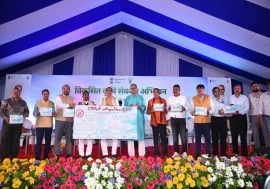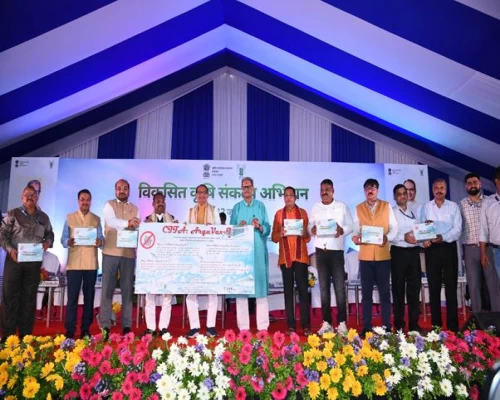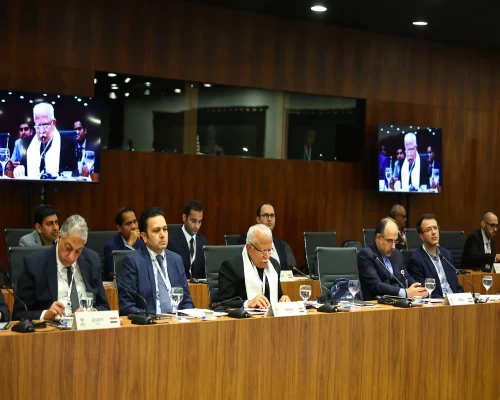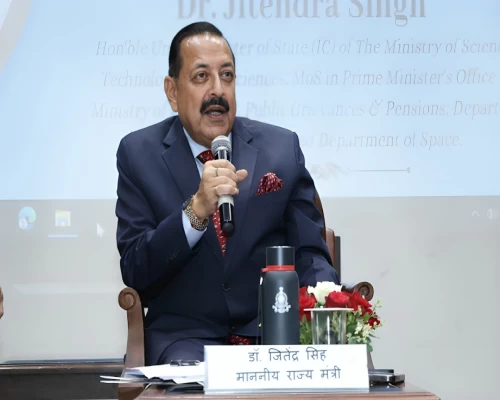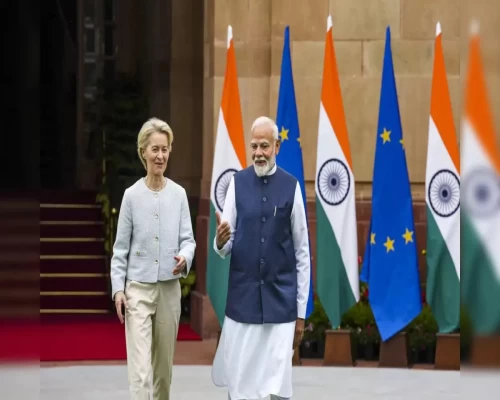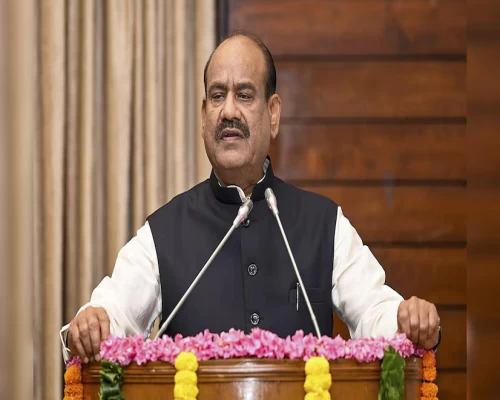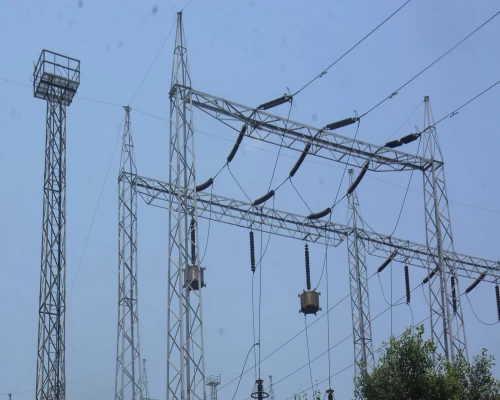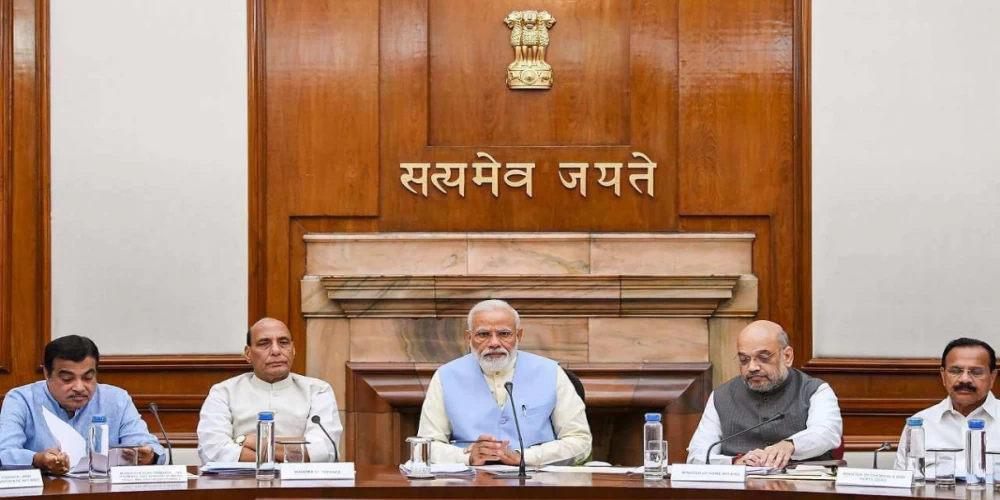
New Delhi: The Cabinet Committee on Economic Affairs, chaired by Prime Minister Narendra Modi, has approved the Revised SHAKTI (Scheme for Harnessing and Allocating Koyala Transparently in India) Policy, marking a significant step toward streamlining coal allocation for the power sector. This policy introduces a simplified and flexible framework for granting coal linkages to Thermal Power Plants (TPPs) across Central Sector, State Sector, and Independent Power Producers (IPPs), aiming to meet dynamic energy demands while promoting efficiency and transparency.
The revised policy consolidates the existing eight provisions of the SHAKTI Policy into two distinct windows to enhance ease of doing business. Window-I ensures coal linkages at notified prices for Central Sector TPPs, including Joint Ventures and their subsidiaries, on a nomination basis as recommended by the Ministry of Power. States can also secure earmarked coal linkages, utilizing them for their own Generating Companies (Gencos), IPPs identified through Tariff Based Competitive Bidding (TBCB), or existing IPPs with Power Purchase Agreements (PPAs) under Section 62 of the Electricity Act, 2003, for new expansion units. Window-II allows all domestic coal-based power producers, including those with PPAs, untied capacities, or imported coal-based plants, to secure coal through auctions by paying a premium above the notified price. This window offers flexibility, enabling power plants to sell electricity as per their choice with linkage tenures ranging from 12 months to 25 years.
The implementation of the revised policy will involve directives to Coal India Limited (CIL) and Singareni Collieries Company Limited (SCCL), with relevant Ministries and State Governments informed to ensure effective dissemination. The policy eliminates the PPA requirement for electricity sales under Window-II, empowering power producers to adapt to market needs. It also encourages IPPs and private developers to pursue new thermal capacity additions, supporting both brownfield expansions and greenfield projects, particularly at pithead locations to optimize coal transportation costs.
A key feature of the policy is its focus on reducing reliance on imported coal. Imported Coal Based (ICB) plants can secure domestic coal under Window-II, subject to technical feasibility, with benefits from import substitution passed on to consumers as determined by Regulatory Commissions. Additionally, coal source rationalization will minimize the landed cost of coal, easing railway infrastructure constraints and reducing electricity tariffs. The policy promotes pithead-based power plants to further enhance cost efficiency.
The revised SHAKTI Policy introduces operational flexibility through measures such as allowing existing Fuel Supply Agreement (FSA) holders to secure coal beyond 100% of their Annual Contracted Quantity (ACQ) under Window-II. Upon expiry of linkages secured under previous policies, power producers can apply for fresh linkages under the new framework. The policy also permits the sale of un-requisitioned surplus power in power markets, deepening market liquidity and optimizing generating station utilization. An Empowered Committee, comprising the Secretaries of Power and Coal and the Chairperson of the Central Electricity Authority, will address operational and implementation challenges, while minor policy adjustments are delegated to the Ministries of Coal and Power for swift decision-making.
The policy is expected to benefit a wide range of stakeholders, including TPPs, Railways, CIL, SCCL, State Governments, and end consumers, without imposing additional costs on coal companies. By pomoting a transparent and market-driven coal allocation mechanism, it builds on the transformative foundation laid by the original SHAKTI Policy of 2017, which shifted from nomination-based allocations to auction and tariff-based bidding. Subsequent amendments in 2019 and 2023 refined the framework, and the current revision further simplifies and modernizes the process.
The Revised SHAKTI Policy is poised to strengthen India’s power sector by ensuring a reliable coal supply, promoting domestic coal utilization, and enabling cost-effective electricity generation. Its emphasis on flexibility, transparency, and efficiency aligns with the nation’s goals of energy security and economic growth, paving the way for a robust and sustainable thermal power ecosystem.
BI Bureau


